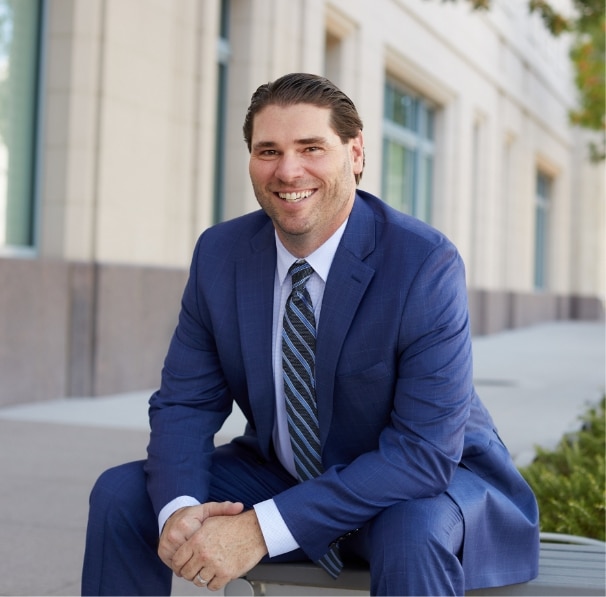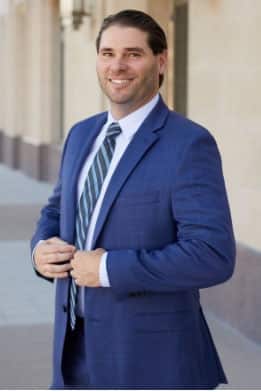Christopher Burk:
Okay. I’d like to welcome you back to the first part of our five-part series regarding nursing home neglect and nursing home abuse. My name is Christopher Burk. I’m the owner of the Burk Injury Lawyers. We practice here in Nevada, Arizona, and California.

All right. So let’s talk about definitions. That’s what I said we would go over today. Definitions. Let’s start with “neglect.” Basics. If you go in the dictionary, it doesn’t have to be a law dictionary, just any dictionary. Neglect is the failure to care for someone properly. Secondly, when we are talking about legal issues, especially with negligence issues, medical negligence issues like this, a big thing, a big phrase that comes out all the time is “standard of care.” We’ve all probably heard that phrase thrown around a hundred times. But what is it? When you get right down to the core which is the basic definition, now, obviously this can change with each kind of medical provider, but the basics standard of care is the attention and care a person should reasonably provide to another person under a set of circumstances.
So, that is the definition for standard of care. And we’re going to look at that in a little more context here in the next few sessions when we discuss nursing home neglect and potentially nursing home abuse. Now, I would tell you that abuse sometimes implies a specific intent, which means somebody intentionally tried to hurt somebody and therefore it’s called abuse. I would tell you that that’s not necessarily the case all the time. That abuse can come under the umbrella of negligence and not having a specific intent. But we’ll get to that later.
Basically, when we talk about nursing home neglect, if you want a definition that you can, kind of, use in, sort of, all 50 states, it implies, sort of, a breach of the duty, breach of the standard of care from a medical provider to a patient. And with that breach causes damages. So breach just means, all right, there’s a specific way someone’s supposed to care for a patient, nurse doctor, whatever. And they didn’t do it right, they didn’t do it according to that standard. That’s called a breach. And then, because of that breach, because they didn’t do it the way they were supposed to do it, the patient was injured. They suffered damage. They suffered a harm, or even worse, unfortunately, in some cases.
And the last part of it is you have to, kind of, fulfill the end of that is the breach of the duty or the substandard of care that was given to the patient, whatever injury happened to them, it must have been reasonably foreseeable. And that’s always a good lawyer term, isn’t it? “Reasonable,” “reasonably,” and really, “foreseeable” is too. And we’ll get to discuss that a little bit later as well. But those are some of the core definitions regarding what we’re going to talk about in this series and I’ll come back next time and we’re going to discuss specifically some of the providers that work in nursing homes, assisted living facilities, and things like that. But I will talk to you soon, okay? Have a great day.






